Pigpen (1969)
“I killed my father, I ate human flesh and I quiver with joy.”
|
Synopsis: |
|
Genres, Themes, Actors, and Directors:
Review: … and then the scene suddenly shifts to a modern, urban, upper-class setting, as a quibbling young couple deliberates in front of the man’s parents (Alberto Lionello and Margarita Lozano). The fact that Lionello has a Hitler-esque mustache seems fully intentional; indeed, as he engages in later conversations with the other main player in the film, Mr. Herdhitze (Ugo Tognazzi) (his “mysterious rival”): … we learn a little more about his political views. The story continues to toggle back and forth between the two settings and sets of characters, with no explicit rhyme or reason — and the opaque dialogue doesn’t help matters whatsoever. Take this interaction between Leaud (Julian) and Wiazemsky (Ida), for instance:
Etc. Oh boy. It really never gets better or clearer. With that said, Time Out’s reviewer refers to this film as “not only an exquisitely revolting satire,” but “also Pasolini’s most fascinating piece of cinema.” — so, to each their own. In terms of what it’s actually about –well, Wikipedia claims: “The story is about the human capacity of destruction and a rebellion against the social prerequisites implied against it.” OK. Meanwhile, in an essay written for Criterion about Pasolini more broadly, James Quandt notes that enduring themes of his work include “the sacred purity of the dispossessed and the inevitability of their destruction.” My personal take-away is that this film is simply about the awful ways people treat one another, ranging from not-so-subtle critiques to outright cannibalism — be forewarned that it’s ugly stuff. Notable Performances, Qualities, and Moments: Must See? Links: |
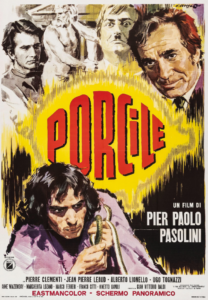
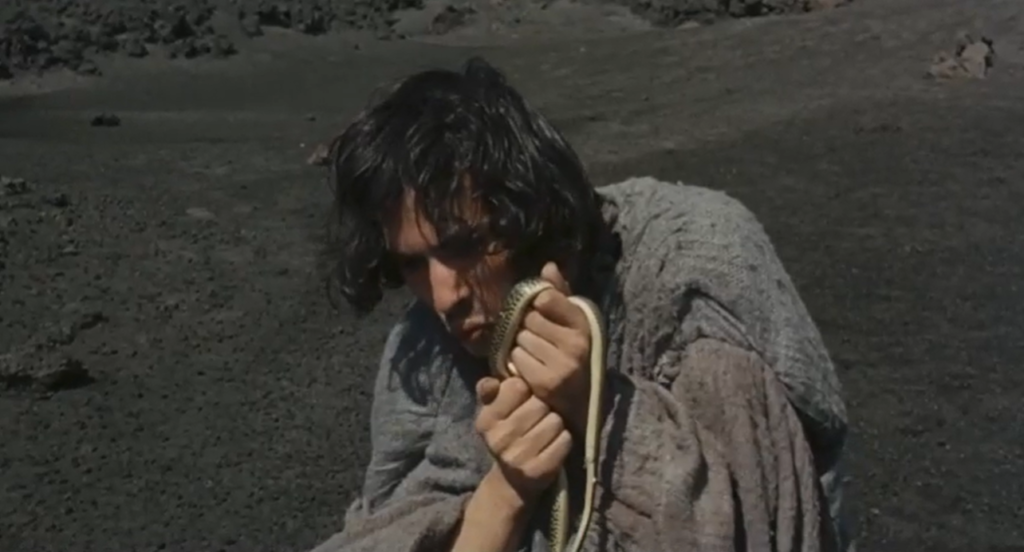
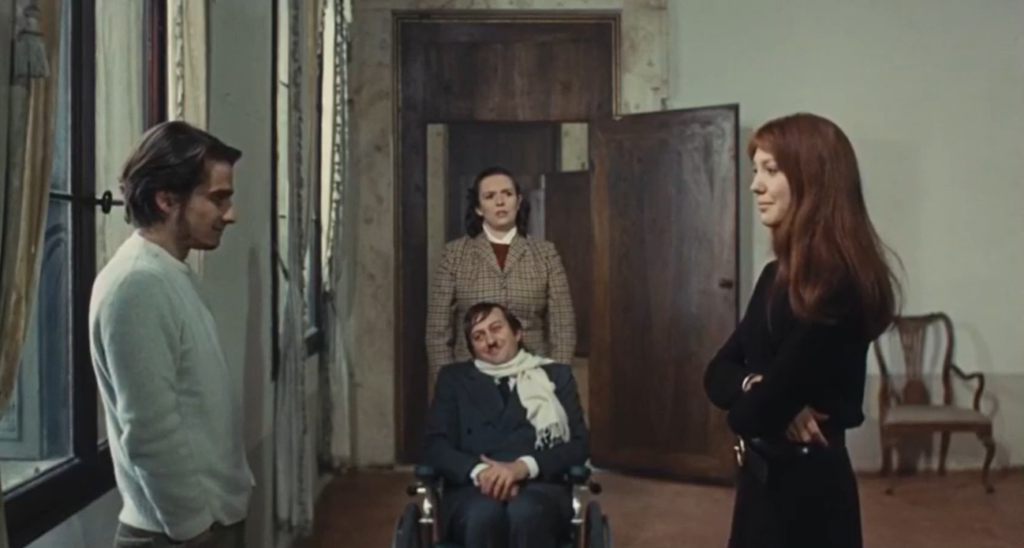
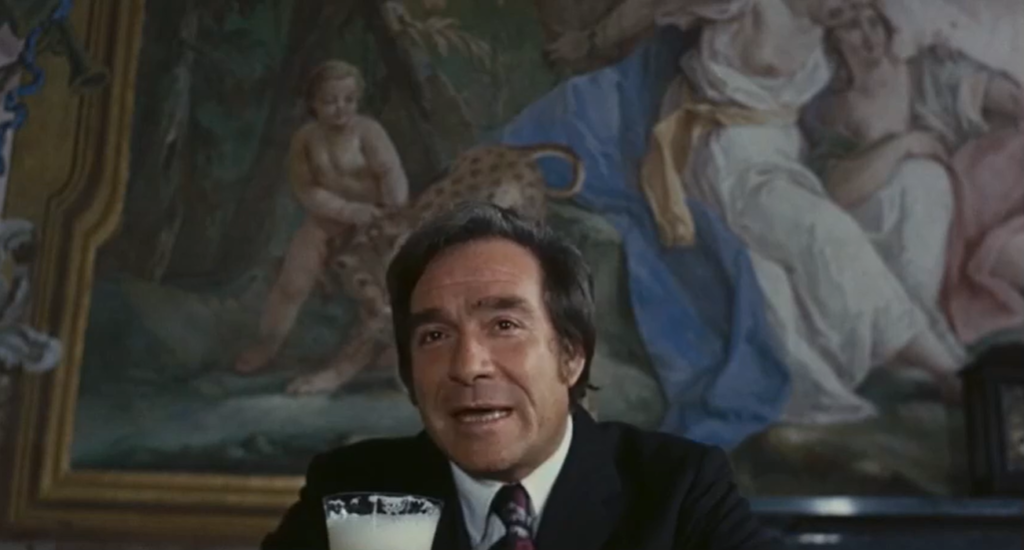
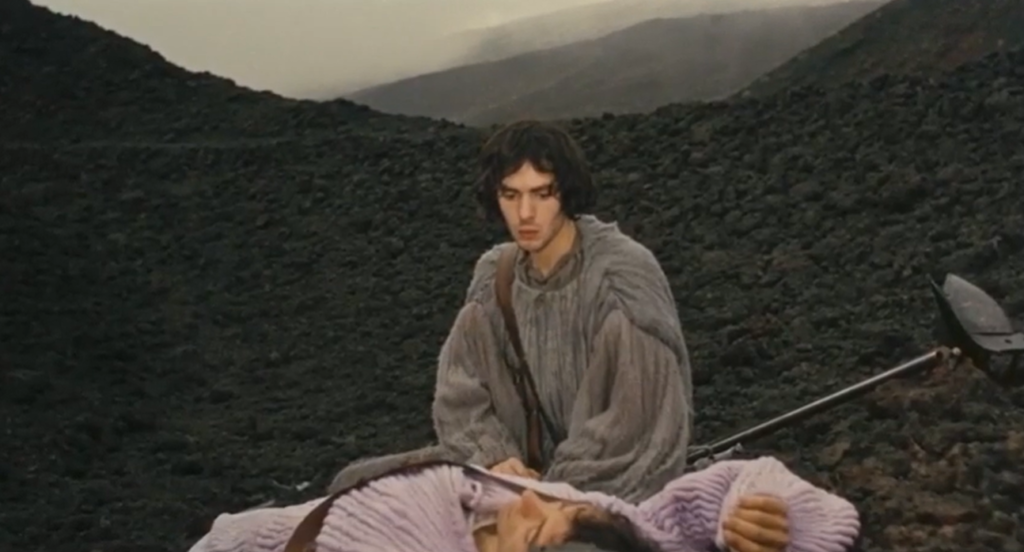
One thought on “Pigpen (1969)”
First (and last) viewing (1/11/21). Not must-see – only for Pasolini completists.
In some circles, the works of Pasolini are referred to as “cinema poetry”. Well… maybe. And perhaps I don’t take to this kind of… poetry. This particular film seems to have one foot vaguely in its theme and the other one sort of, well… ‘poetically’ somewhere else.
It appears overall to be a denouncement of (and, somehow, a fascination with) Hitler and the Holocaust. But, as it doesn’t appear to have anything concrete in its analysis of the condemnation, the film seems content to just wander on the periphery of its point.
I wouldn’t call the film all that cohesive. Neither would I call it terribly compelling. The best I can say is that it’s experimental. And rather clumsy. I found myself wondering if anyone in the cast understood what they were involved in.